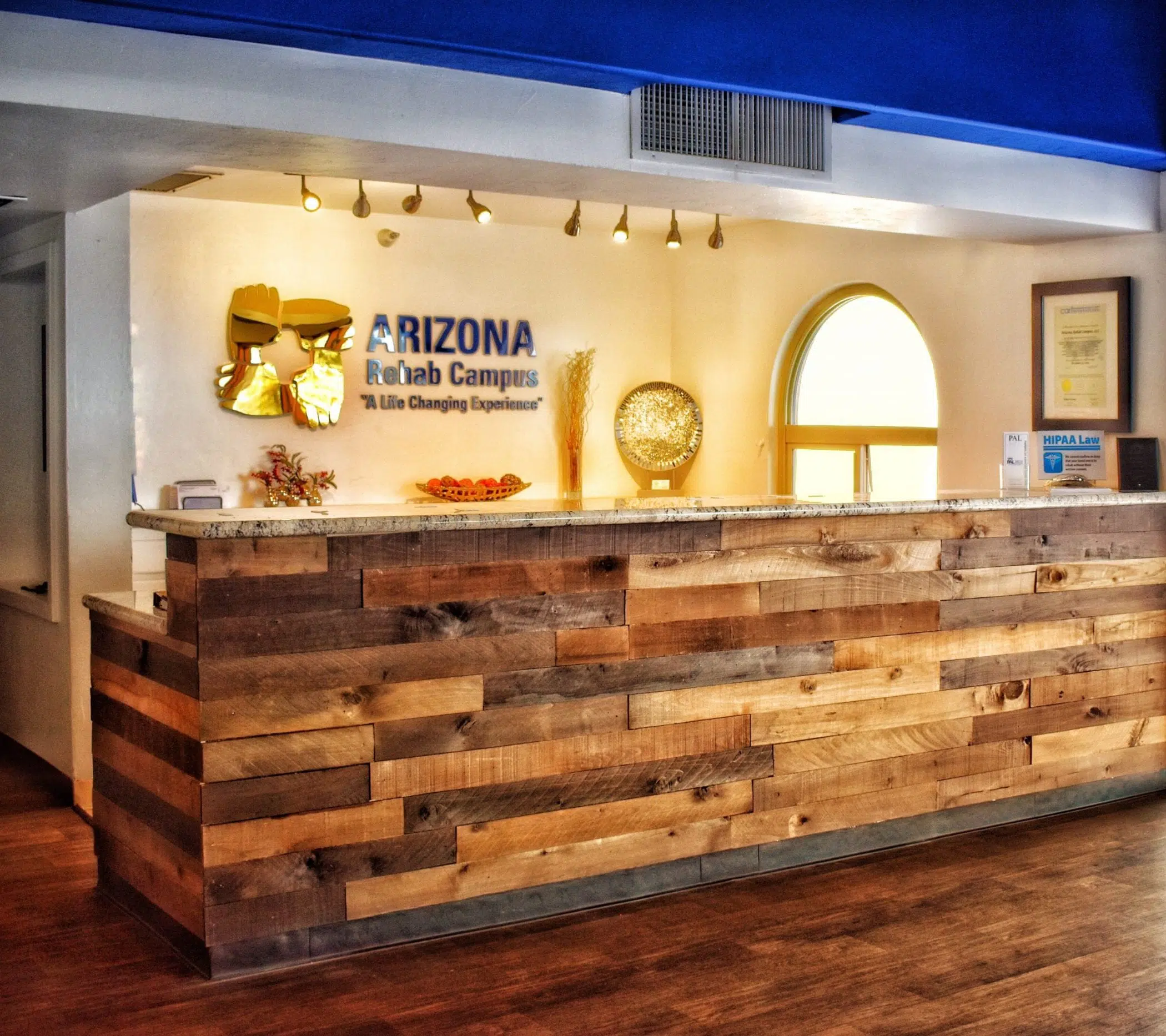 The science of addiction and behavioral health in general often includes mention of models. A model is essentially a theoretical view of how something should work, and scientists can model how they believe a condition works. For instance, there are numerous competing models of addiction that theorize on the essence of what addiction is, as well as causes and solutions. These have a close relationship to treatment models, although they’re not the same.
The science of addiction and behavioral health in general often includes mention of models. A model is essentially a theoretical view of how something should work, and scientists can model how they believe a condition works. For instance, there are numerous competing models of addiction that theorize on the essence of what addiction is, as well as causes and solutions. These have a close relationship to treatment models, although they’re not the same.
What is a Treatment Model?
A treatment model of addiction makes certain assumptions about the nature of addiction and from this point provides a theory on how to treat addiction. The outdated moral model of addiction tends to see addiction as filling a hole in the life of a morally weak person, and the accompanying treatment model often emphasizes the use of religion to treat the underlying issues that cause addiction. A medical model of addiction that theorizes it as a simple, impersonal disease will inform a treatment model that relies on medications that treat addiction or inhibit drug use.
However, addiction is complex and shouldn’t be perceived as a moral failure but also amounts to much more than just another disease. America’s Rehab Campuses believes that a mixed treatment model that combines medication, community, and individual therapy is the key to helping people achieve lasting recovery.
Different Treatment Models for Addiction and Behavioral Health
Pharmacotherapy
Pharmacotherapy is an umbrella term that contains all manner of medication-based treatment for addiction. A pharmaceutical model for addiction treatment would entail recognizing the physical nature of drug addiction and treat it accordingly. This can start with drugs that help wean the brain off of the addictive substance, reducing the discomfort and long-term ill effects of withdrawals. Then, the recovering person may continue taking medications that prevent them from getting high even if they have a lapse in judgment and try to use drugs again.
There are many benefits to a pharmaceutical model of addiction treatment, but the fact it can’t address the socioeconomic component of addiction is a major shortcoming.
Group Therapy
Group therapy helps people maintain their recovery by emphasizing community and group support. One submodel is family therapy, which entails working with the entire family and others who are close to the individual in recovery. This can provide an outlet for people to talk about being hurt by said person’s addiction, while also giving them an opportunity to understand addiction better than before. Peer groups for multiple people in recovery can provide a sense of community, camaraderie and understanding that’s valuable in supporting long-term abstinence.
Individual Therapy
Individual therapy has grown increasingly prevalent as a means of addiction treatment in recent years. While it doesn’t inherently provide the sense of community that group therapy does, it also offers a more focused, deep look into the troubles of that patient. The underlying models for treating addiction with therapy vary widely, with some generalized frameworks such as cognitive behavioral therapy migrating to addiction care. Likewise, there are also unique addiction therapy models such as rational emotive behavioral therapy and interpersonal therapy.
Specialized Therapy Models
There are many unique treatment models that may be incorporated into a broader program of addiction treatment. Art therapy, Matrix Model therapy, and all sorts of other unique programs may have a role in treating addiction.
What is the Best Treatment Model?
There is no single best treatment model, which is to be expected given that there is no singularly true model of addiction itself. There’s something to learn from all the major theories on what addiction is and how to treat it, and taking what’s good from each model helps a rehab remain dynamic and capable of offering personalized addiction treatment.
Individually Tailored Treatment at America’s Rehab Campuses
America’s Rehab Campuses combines pharmaceutical solutions and psychological care, group sessions with solo therapy, and offers both inpatient and outpatient treatment. Our experience in treating a diverse clientele of patients gives us insight into what each person needs and how we can best help them. Reach out today to talk with us about your struggle with addiction, explore your options for treatment, and compose an individual model for treatment with our help.

